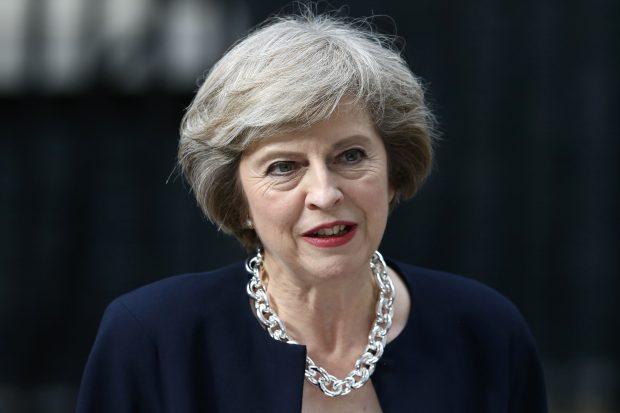Theresa May has told Tory MPs she won’t ‘turn back the clock’ on grammar schools. But she also didn’t rule out some expansion in the system of selective schools. How those two thoughts reconcile with each together will become clearer when the Government reveals its plans for school reform soon (this being Theresa May, we won’t be expecting a running commentary). Yet even the scant details which have emerged so far have provoked a predictably mixed reaction. Shadow Education Secretary Angela Rayner said the plans were ‘shambolic’. You can listen to her criticism here:
And Alan Milburn, who chairs the government’s social mobility commission, is perhaps the most outspoken voice this morning. In the Guardian, he says that these plans would be ‘disastrous’. The former Labour cabinet minister goes on to say that increasing the number of grammar schools risks creating an ‘us and them divide’. He says:
‘This is not selection educationally, it is selection socially. If that is what is being talked about, it will not provide a social mobility dividend, it will be a social mobility disaster’
Milburn pointed to Kent to prove his claims: he said that the county had the highest proportion of children in selective education but the lowest number of kids receiving free schools meals who end up with five good GCSEs (27 per cent; compared to a national average of 33 per cent). Yet for Michael Fallon on the Today show this morning, Kent was setting the example of why grammar schools were the answer. He said an expansion of the number of selective schools was about ‘widening choice’. You can listen to his argument here:
It’s not only politicians who have taken completely opposing sides in this debate which is certain to bubble along over the coming months. In the Daily Telegraph, Allister Heath calls on Theresa May to ‘be brave’ and allow state schools to select. He argues that:
‘Choice, diversity and competition are the best way to achieve excellence in education, just as it is in every other field of human endeavour’
Yet Heath makes it clear this isn’t about breathing new life into an education policy from the the fifties (something which The Sun, in its leader, agrees with). Instead he says:
‘I want a new generation of 21st-century selective and partly selective schools as part of a diverse set of choices, not simply a return of grammars and certainly not a comeback of secondary moderns. I want the very reverse of the simplistic, two-sizes-fit-all model of yore’
In the Times, Tim Montgomerie agrees. He argues that the need for new selective schools isn’t as great as it was. But he goes on to say that so long as new grammar schools are built in poorer areas, a version of the 11-plus doesn’t become the be all and end all, and that entrance assessments are made ‘tutor proof’ – to keep the playing field level – then Theresa May should press ahead with her plans:
‘When localism, specialism and choice have become watchwords in education, driving higher standards, it is perverse that the only new schools parents cannot choose are, according to all survey evidence, among the ones they most want’
Choice again seems to be the buzzword amongst those defending Theresa May’s grammar schools plans. Meanwhile, for Stephen Glover in the Daily Mail, the fact that Britain’s state schools still languish near the bottom of most international league tables despite a huge influx of cash in recent years, points for the need to do something. He hails the PM and says:
‘However bloody the fight may be, it seems that she won’t abandon her ambition to give gifted children from ordinary backgrounds the educational opportunities the present system is often disgracefully denying them’
It seems certain that the battle may well prove bloody. But Theresa May has clearly opened this can of worms for a reason: she spoke of a Britain for the many, not for the few. Some may disagree that grammar schools are the right way of going about creating a fairer society; but it seems that the PM isn’t afraid to put her money where her mouth is, even if it means spoiling for a fight.







Comments